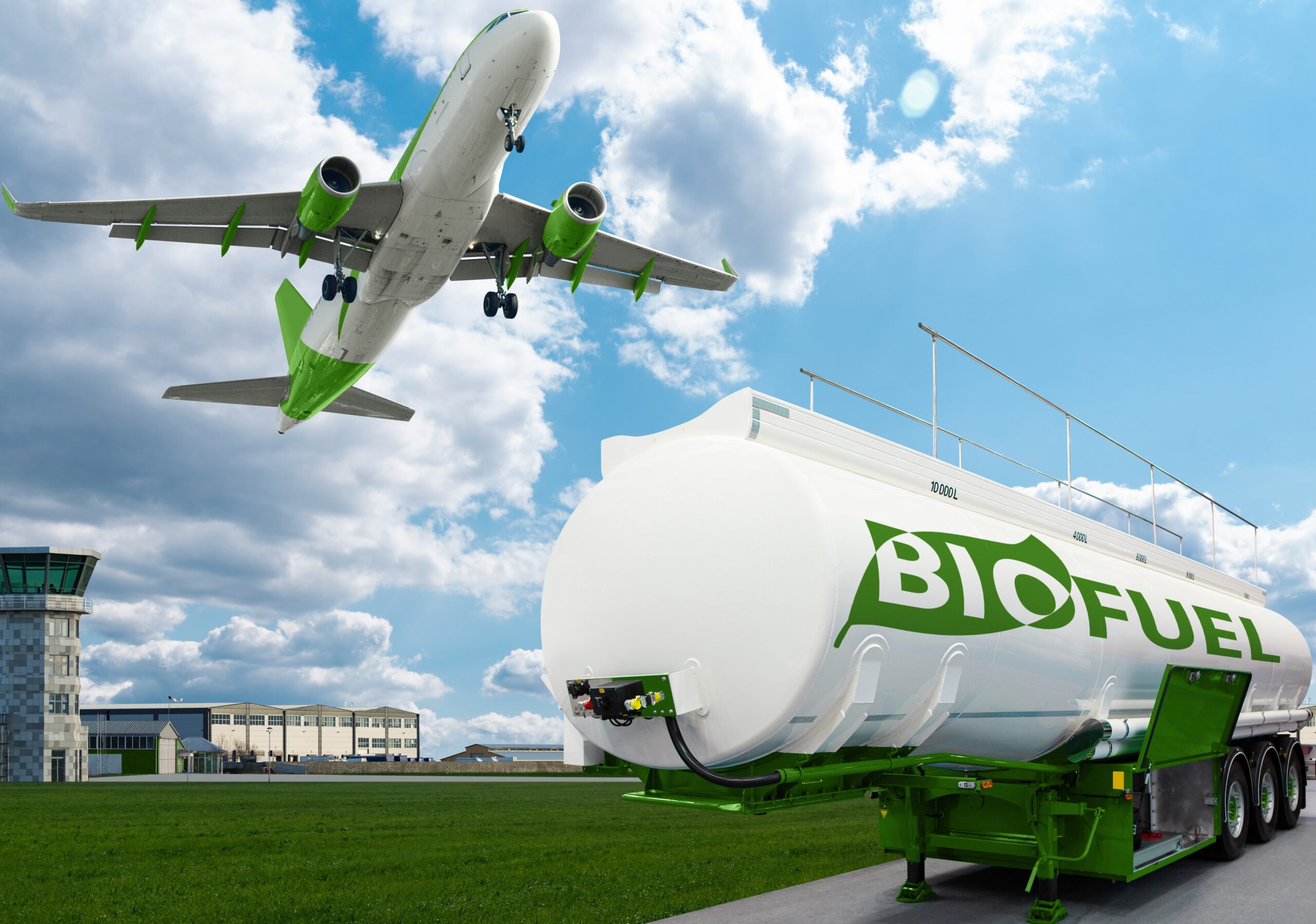The sustainable aviation fuel industry would have to increase by 1,600 times its current size to meet the aviation sector’s 2050 net zero carbon emissions target, according to one UK-based SAF producer.
James Hygate, founder and CEO of Firefly, which makes SAF from sewage, claimed that for the industry to meet its long-term sustainability goals, “the industry has to grow 1,600 times, so fairly big growth in this industry [is needed]”.
Hygate, who has worked in the environmental sector for more than 20 years, is calling for greater funding for the UK SAF industry by encouraging investment into ‘first-of-a-kind’ facilities, which he hopes will be the pilot for commercial sustainable fuel production.
This is the only way the industry can hope to meet the UK government’s SAF mandates and aviation’s net zero goals, he told ARGS.
The CEO said: “We won’t see any real [growth in the SAF industry] until the end of this decade because these are big projects that need to be put in place and there’s things that need to be developed, and fuels that need to be qualified.
“But come 2030 onwards, we will start to see an increase in SAF production. In the UK, for example, we’ve got a target of 10 per cent for all aviation fuel to be SAF by 2030.
“10 per cent is a big, big number and it might be challenging to meet by the end of the decade, but it’s very good to have that as a target to work towards.”
Hygate estimates that the UK has the potential to meet 5 per cent of the country’s sustainable fuel demand if it captured all the available sludge. But scaling up to meet targets requires financial investment in production, he added.
“What we’ve done in the UK with incentives regimes [elsewhere] does meet our sustainability goals and provides a real incentive that people can look at and say ‘it’s working in that industry, we can see it’s going to work here’,” the CEO explained.
“What [the government] should do at this stage is help finance these first SAF plants. If you look at the US, there isn’t necessarily such good incentive for the end user, but there are some unbelievable incentives for getting these first-of-a-kind facilities the funding.”
The “advent of eFuels” and other waste products being used to produce SAF will also help scale up the industry by the 2040s and 2050s, Hygate said.
But the industry’s challenge today is getting sustainable fuel projects financed to ensure they can become a commercial reality.
Firefly congratulated Virgin Atlantic last week after the airline made history by flying the first aircraft across the Atlantic powered entirely by SAF, which the boss said “underlines the fact that it’s perfectly possible to fly planes without using fossil fuels”.
Last month, the government announced £53m in funding for “pioneering” projects to help develop the UK SAF industry.
Image credit: @scharfsinn86/Adobe Stock



